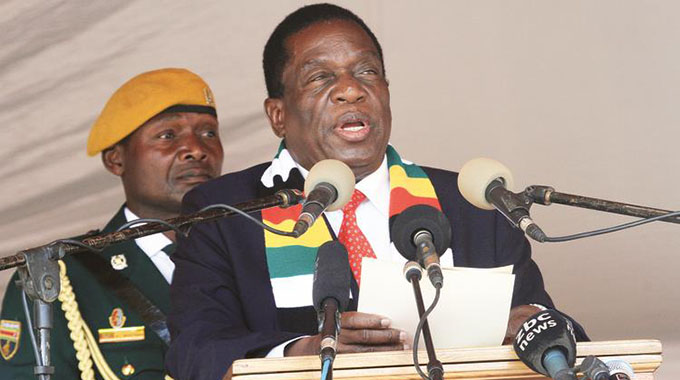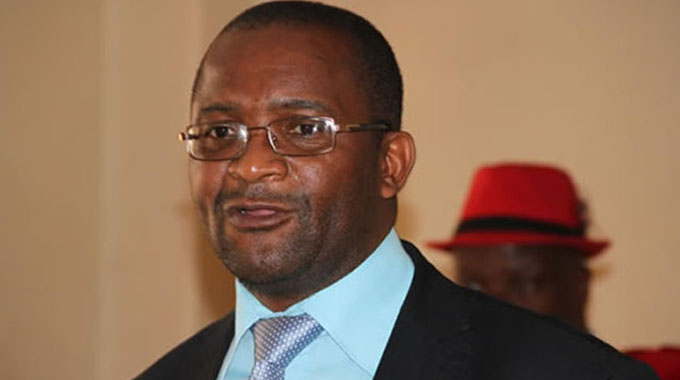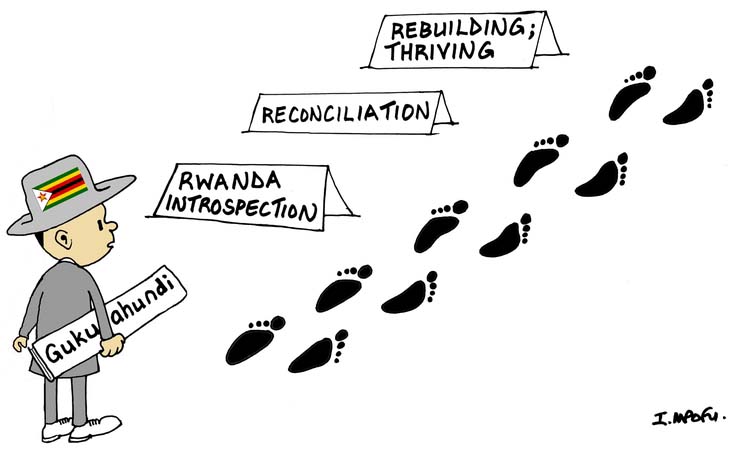EDITORIAL COMMENT : Council corruption mustn’t go unpunished

We welcome the decision by President Mnangagwa to intervene in the draw-down of the remaining funding from the $144 million Harare Water and Sanitation Rehabilitation Facility from China-Exim Bank following the stalling of the process due to corruption.
President Mnangagwa revealed during the weekend that the Chinese funders had withheld the funds arguing that the Harare City Council had not used the money for the intended purpose. Reports suggest the Harare City Council failed to pay back instalments of the loan.
Without going into details about how council saw it fit to splash $72 million on trivia at the expense of rehabilitating water and sanitation services to the residents, the release of the second batch of funding should present council with an opportunity to finish the rehabilitation of the Morton Jaffray Waterworks as soon as possible.
The water and sewer systems of Harare have been teetering on the brink of collapse, putting millions of people in danger of consuming contaminated water, from its underground sources. For years, the water situation has been desperate and dire, as evidenced by the poor quality of delivered water, severe water rationing and the outbreak of water-borne diseases in most residential areas in Harare.
Embarrassing outbreaks of “Stone Age” water borne diseases such as cholera and typhoid that have killed hundreds of people in the last few years, are indicative of the water and sewer crisis bedevilling the MDC-Alliance-led council.
A series of outbreaks that happened, with Budiriro at one point being declared the epicentre of cholera were blamed on lack of access to safe water and poor sanitation.
In all these incidences, the Harare City Council was found wanting in sewer and water reticulation because they had not prioritised water and sanitation services, by rehabilitating obsolete infrastructure that had outlived its life span.
Many residents have often questioned the sincerity of this local authority to permanently address the current water crisis, considering that part of the solution to current woes lie in the construction or rehabilitation of existing water works.
In the last leg of his term, former mayor Bernard Manyenyeni made a chilling revelation that Morton Jaffray waterworks — at 60 years of age and having been designed to service 300 000 residents — had been overwhelmed.
Harare’s population currently stands at over two million. It was in the spirit of arresting perennial water problems that the China-Exim Bank extended the loan of $144 million to rehabilitate the Harare water and sanitation works. The solution has been hard to come by, though.
It is heartening that the Harare City Council’s project has been given a new lease of life after the President spoke with his Chinese counterpart Xi Jinping for the release of the remaining funds.
The intervention of the President should bring to finality the problem of perennial water woes, with council expected to execute the project effectively and transparent without playing to the gallery instead of fulfilling its mandate.
Due diligence is now needed from Harare City Council to put systems in place to plug financial leakages that could result in the funding being misappropriated or diverted to other projects.
Harare City Council should know better how embarrassing it is for a Government to be called out by a foreign partner over misuse of money meant for projects of such magnitude.
We believe such embarrassing incidences should be tied to punitive measures in the event that people are caught putting their crocked dirty fingers in the cookie jar meant to benefit the majority. The President has categorically declared war on corruption, and the law will not hesitate to bring such individuals to book.
His call against corruption is not mere rhetorical, hence his decision to establish a Special Anti-Corruption Unit housed in the Office of the President and Cabinet to improve efficiency in the fight against all forms of graft and to strengthen the effectiveness of national mechanisms for the prevention of corruption.








Comments